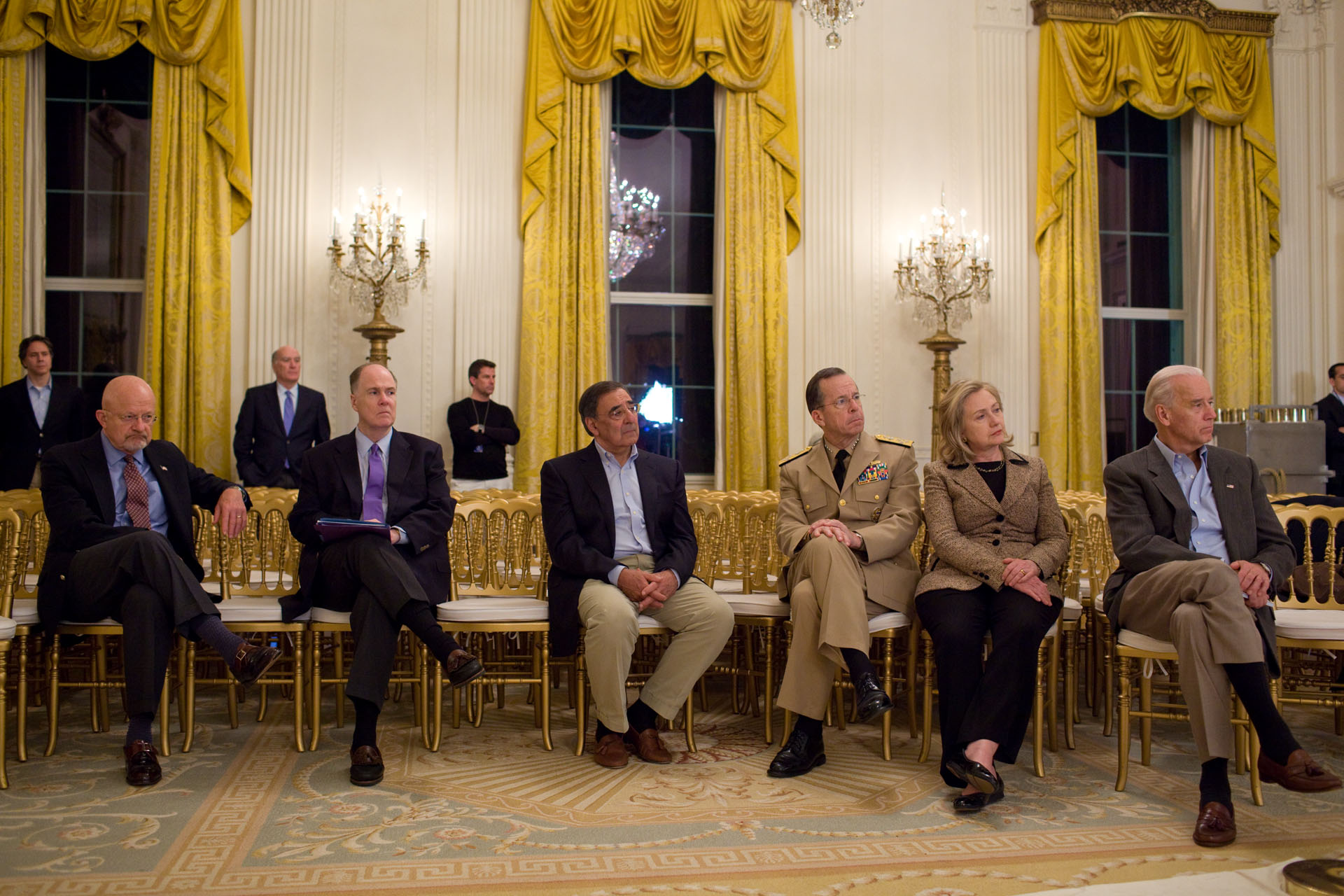President Barack Obama’s announcement of Osama bin Laden’s death on May 2, 2011, marked a pivotal moment in the global fight against terrorism. This in-depth analysis delves into the operation that led to the al-Qaeda leader’s demise, examining the intelligence gathering, the tactical execution of the raid, and the subsequent geopolitical implications. This article also explores the legal and ethical considerations surrounding the operation, providing a comprehensive overview of this landmark event in modern history.
The Path to Abbottabad: Years of Intelligence Gathering
The successful operation to locate and eliminate Osama bin Laden was the culmination of years of painstaking intelligence work. Following the 9/11 attacks, tracking down bin Laden became a top priority for US intelligence agencies. The trail, however, went cold for several years, with bin Laden effectively disappearing from view. The breakthrough came with the identification of a trusted courier, a man believed to be close to bin Laden. Tracking this courier eventually led intelligence agencies to a heavily fortified compound in Abbottabad, Pakistan, a location that raised suspicions due to its size and security features, inconsistent with the surrounding neighborhood. Months of surveillance, including the use of satellite imagery and other intelligence-gathering methods, followed. The gathered information suggested the possibility that bin Laden was residing within the compound, although certainty remained elusive.
 Intelligence Gathering Leading to Osama bin Laden
Intelligence Gathering Leading to Osama bin Laden
The Raid: A High-Stakes Operation
President Obama, after extensive consultations with his national security team, authorized a daring nighttime raid on the compound. A small team of highly trained US Navy SEALs was tasked with the mission. The operation, carried out with meticulous planning and precision, aimed to capture or kill bin Laden while minimizing civilian casualties. The raid itself was fraught with risk. Abbottabad is located relatively close to Islamabad, the capital of Pakistan, raising concerns about potential complications and the possibility of Pakistani military intervention. The US team operated without informing the Pakistani government, adding another layer of complexity and risk to the mission. Despite these challenges, the SEAL team successfully infiltrated the compound, engaging in a firefight and ultimately killing Osama bin Laden. His body was taken into custody, providing irrefutable evidence of his death.
Legal and Ethical Considerations
The operation to kill Osama bin Laden raised a number of complex legal and ethical questions. Operating within the sovereign territory of Pakistan without its government’s knowledge sparked debate about international law and state sovereignty. The decision to kill bin Laden rather than capture him, even though capture was stated as the preferred outcome, also generated discussion. Some argued that a trial would have been a more appropriate course of action, providing an opportunity to hold him accountable for his crimes in a court of law. Others maintained that the circumstances of the raid, including the inherent danger and the need to act swiftly, justified the use of lethal force.
The Aftermath: Geopolitical Ramifications and the War on Terror
The killing of Osama bin Laden had significant geopolitical repercussions. It was hailed as a major victory in the war on terror, dealing a symbolic blow to al-Qaeda and its affiliates. The operation, however, also strained US-Pakistan relations, with Pakistan expressing outrage over the violation of its sovereignty. In the long term, bin Laden’s death did not eliminate the threat of terrorism. Al-Qaeda, although weakened, continued to operate, and other extremist groups emerged, posing new challenges to global security.
Examining the Evidence: Bin Laden’s Compound and the Intelligence
The compound in Abbottabad, where bin Laden lived for several years, provided valuable intelligence. The information gathered from the compound offered insights into al-Qaeda’s operations, its network, and its future plans. It also revealed the extent to which bin Laden had been able to remain hidden, raising questions about potential support networks and the effectiveness of counterterrorism efforts.
The Legacy of the Raid: A Turning Point in the Fight Against Terrorism
The raid that resulted in Osama bin Laden’s death remains a highly debated event. While considered a tactical and symbolic victory, its long-term impact on the war on terror is still being assessed. It is clear, however, that the operation represented a significant turning point in the fight against al-Qaeda and highlighted the ongoing challenges in combating global terrorism. The event continues to be a subject of study for military strategists, intelligence analysts, and legal scholars, offering valuable lessons for future counterterrorism operations.
The Global Response: Reactions and Reflections
The news of bin Laden’s death elicited a range of reactions around the world. While many countries expressed support for the US action, some raised concerns about the legal and ethical implications of the operation. The event prompted a global discussion about the nature of the war on terror, its effectiveness, and its long-term consequences.
Conclusion: A Complex Legacy
The killing of Osama bin Laden was a momentous event with far-reaching implications. It marked a major victory in the fight against terrorism but also raised complex questions about international law, state sovereignty, and the ethics of targeted killings. The raid in Abbottabad and its aftermath continue to shape the global security landscape, underscoring the enduring challenges in combating terrorism and the need for continued vigilance in the face of evolving threats.

